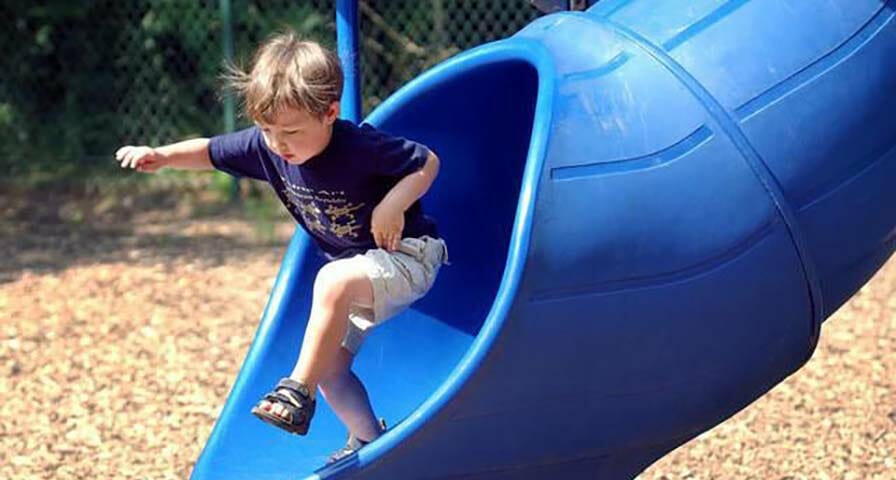Originally published June 7, 2018 in the Fredericksburg Freelance-Star.
GOV. Ralph Northam recently signed a bill passed by the General Assembly that requires the state Department of Education to accept “unstructured recreational time that is intended to develop teamwork, social skills and overall physical fitness”—in other words, recess—when it calculates the required instructional time for elementary school students. The new law goes into effect on July 1.
Local school boards can now set aside up to 15 percent of total instructional time for recess, which comes out to a maximum of about 50 minutes per day. However, they must still provide a minimum of 680 hours of teaching time per academic year in English, mathematics, science, history and social science for K-5 students, and a minimum of 375 hours of instructional time for students in half-day kindergarten.
 More Recess for Virginians, an advocacy group that lobbied for passage of the recess bill in Richmond, noted that in addition to physical education, unstructured recess helps promote brain development and social and emotional skills in young children, as well as reducing stress. “Given 60 minutes of recess daily, kids are more likely to choose social and physical activities rather than sedentary activity after school,” a flyer distributed by the group pointed out. That will help reduce childhood obesity.
More Recess for Virginians, an advocacy group that lobbied for passage of the recess bill in Richmond, noted that in addition to physical education, unstructured recess helps promote brain development and social and emotional skills in young children, as well as reducing stress. “Given 60 minutes of recess daily, kids are more likely to choose social and physical activities rather than sedentary activity after school,” a flyer distributed by the group pointed out. That will help reduce childhood obesity.
However, the new law does not require individual school boards to free up time for more recess. That decision remains at the local level, and appropriately so. Although the new law allows local school boards to reduce the hours spent teaching the four core subjects from a little over four hours to a little less per day to make time for more recess, it doesn’t require them to do so.
Educators’ efforts to cram more learning activities into the school day to meet academic standards may make a longer recess seem like a luxury they and their students cannot afford. But time spent on the playground is time well spent.
According to the American Academy of Pediatrics, “safe and well-supervised recess offers cognitive, social, emotional, and physical benefits that may not be fully appreciated when a decision is made to diminish it. … Ironically, minimizing or eliminating recess may be counterproductive to academic achievement, as a growing body of evidence suggests that recess promotes not only physical health and social development but also cognitive performance.”
Yet over the course of the last half century, unstructured playtime has been steadily declining. That’s a strong argument in favor of more recess time.
Local school districts in the Fredericksburg region should follow Prince Williams’ lead. Compared with their parents and grandparents, today’s children are overscheduled both at school and at home, with little time available for free play that promotes their physical, mental and emotional growth and well-being.
Besides, taking a break from academics to run, jump and play outside with their classmates is a great antidote to the electronic overstimulation many children are experiencing nowadays.
The only sad part is that it took so long.
Seeking IHT Spirit System information?




